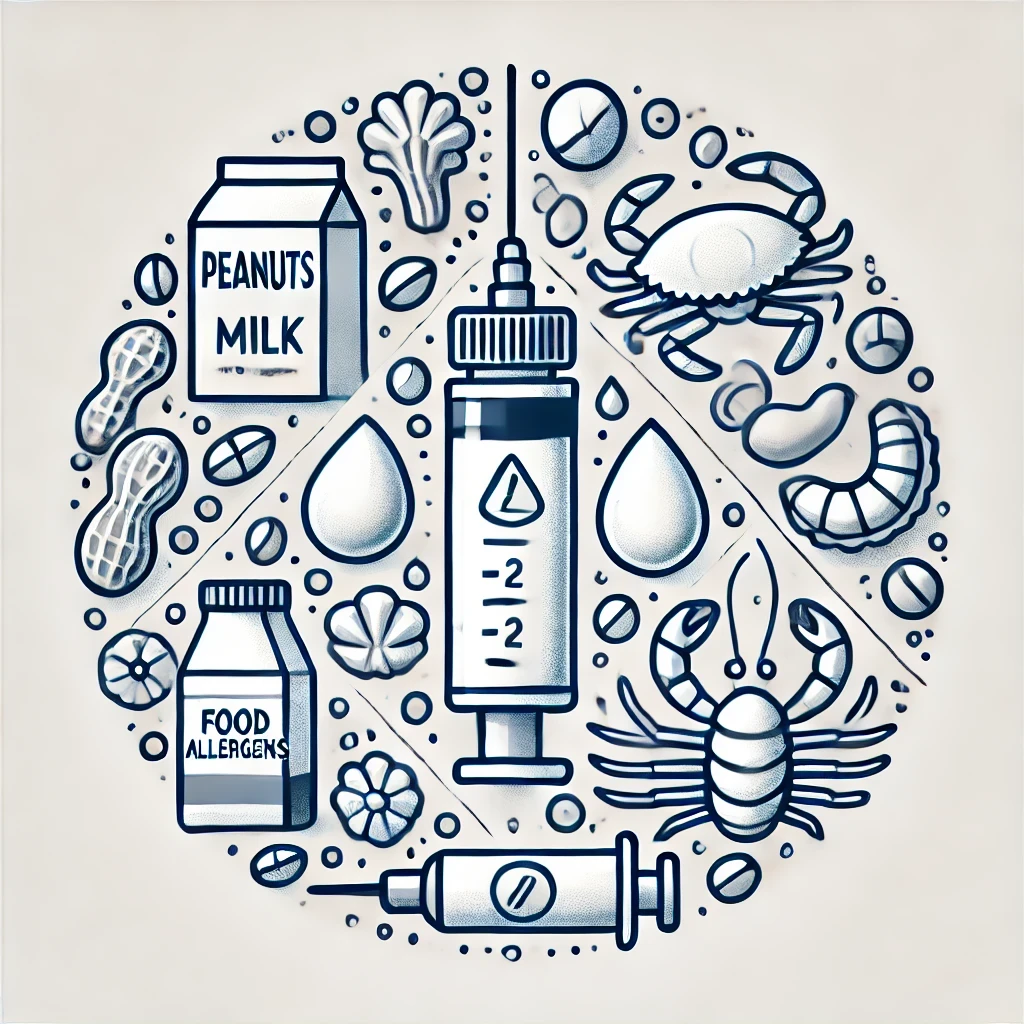Sep 6, 2024
Staying Healthy
Food allergies are becoming increasingly common, with millions of people—especially children—affected worldwide. Researchers are exploring a range of potential causes, from environmental factors to changes in diet, in an effort to understand this sharp rise in allergic reactions.
One leading theory is the "hygiene hypothesis," which suggests that modern living conditions have reduced our exposure to microbes, weakening the immune system and making people more prone to allergies. Climate change and dietary shifts may also play a role. Common allergens like peanuts, milk, and shellfish continue to pose risks, with some reactions potentially leading to life-threatening anaphylaxis.
Exploring New Treatments
Though there’s no cure for food allergies, treatments are improving. Oral immunotherapy (OIT) is gaining attention for its ability to gradually desensitize people to allergens. Early exposure to allergens in infants is also being explored as a way to prevent allergies from developing in the first place. Other promising treatments include injectable therapies that could block allergic reactions.
Managing food allergies remains challenging, but advances in research are providing new options and hope for the millions affected.
How 360/Health Can Help
At 360/Health, we stay up-to-date on the latest research and treatments for food allergies. Our platform helps you manage your health by offering tools to monitor allergens and connect with specialists.
Read the full article at National Geographic
